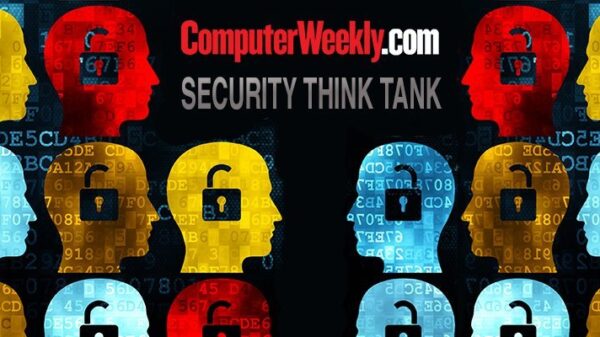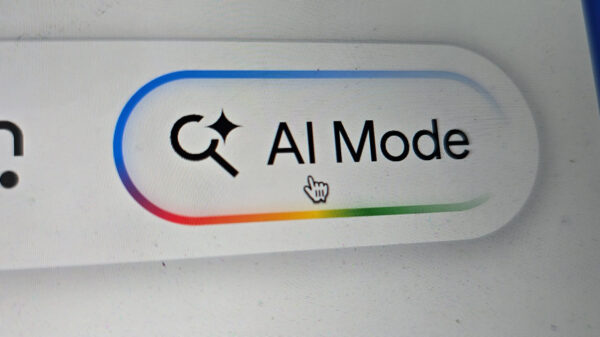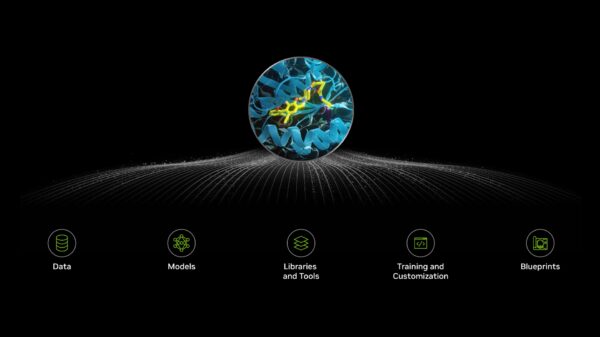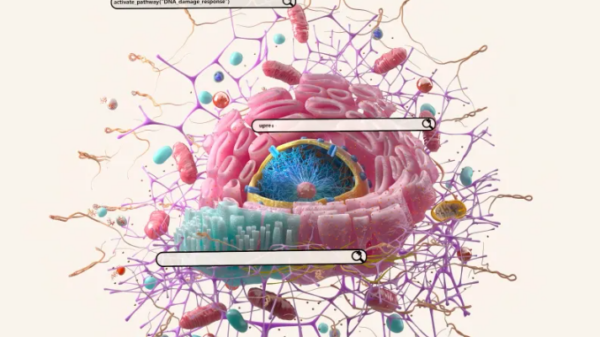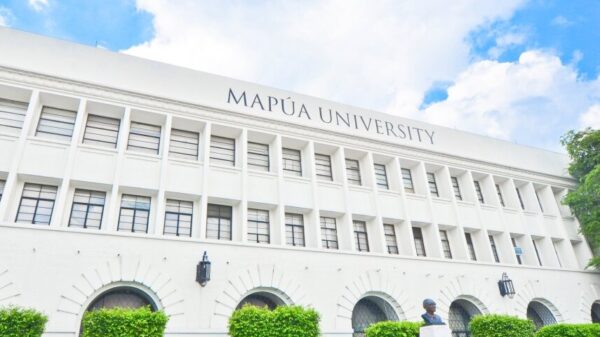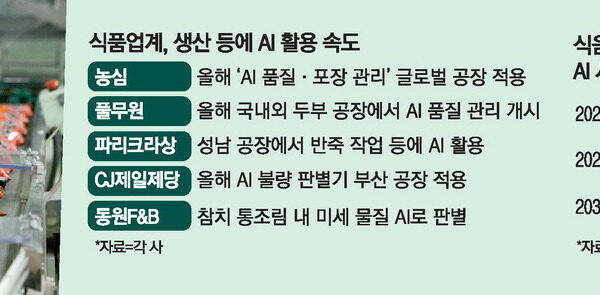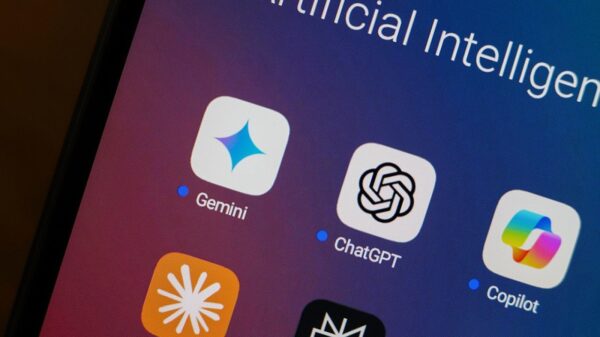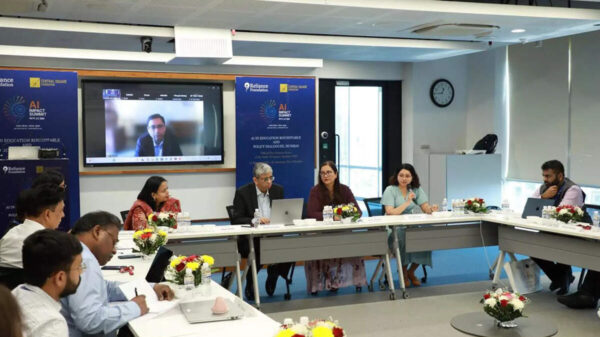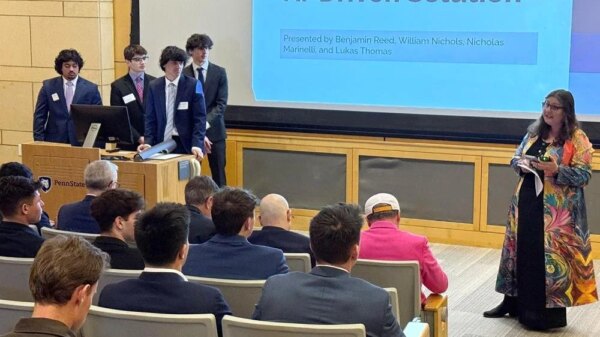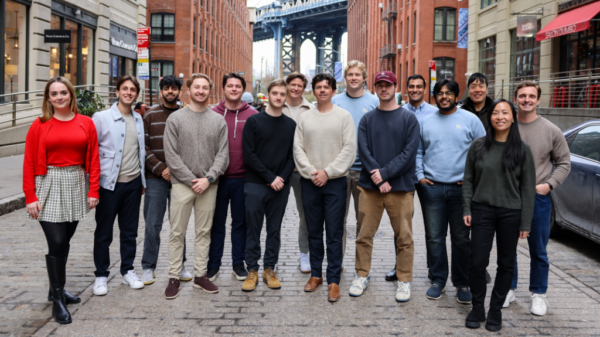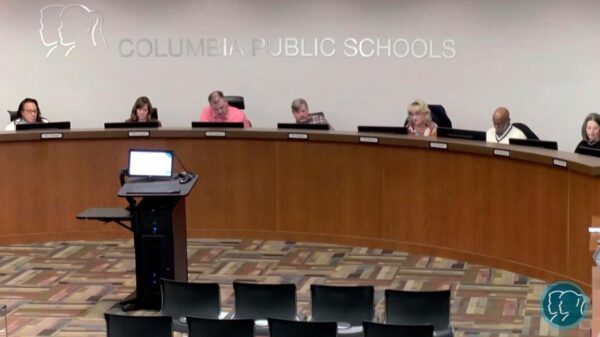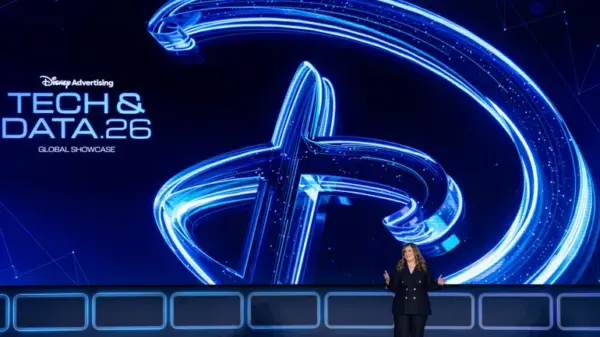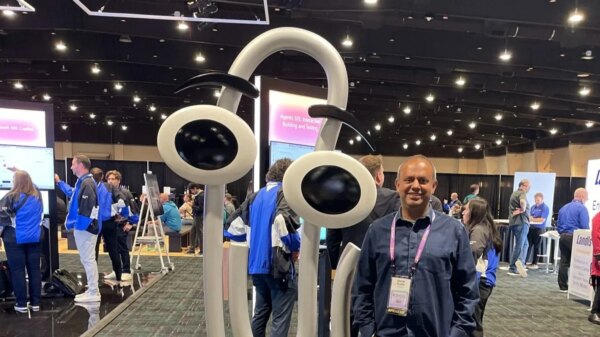To address the growing digital divide in rural areas, researchers at Washington State University (WSU) have secured funding from Microsoft to develop tailored road maps for integrating artificial intelligence (AI) in small-town school districts. This initiative aligns with Microsoft’s broader commitment, especially through its AI Economy Institute, to make the benefits of AI accessible to diverse communities.
The project, titled Rural AI for Societal Equity (RAISE), is spearheaded by WSU assistant professors Tingting Li and Peng He, who will utilize an $82,500 grant to implement a collaborative framework aimed at connecting educators, researchers, and technology developers. The goal is to create evidence-based, locally-grounded strategies for incorporating AI into education.
In a statement, Li emphasized, “We really want to see how our work can affect teachers’ teaching and students’ learning. From the systematic level, how can we achieve the goal of responsibly using AI for education? How can we better prepare teachers and students to become the responsible consumers of this new technology?”
The RAISE project seeks to fill the gaps that rural educators face when adopting AI tools. While urban school districts often benefit from clear implementation guidelines and robust professional communities, teachers in rural areas typically lack similar support and resources. Earlier phases of their research revealed significant disparities in AI adoption across the state of Washington, particularly highlighting the challenges faced by rural educators.
With the new funding, Li and He plan to expand upon their previous Microsoft-supported initiative, AI for Good. Their strategy includes conducting workshops, studying teacher-AI interactions, and interviewing administrators, educators, and industry partners to identify necessary support. The initial rollout of these efforts is set for rural K-12 classrooms across Eastern Washington, North Idaho, and Eastern Oregon.
Direct engagement with school communities is a central tenet of their approach. Li stated, “Our approach is to always listen to their needs and their ideas first. Then go back to form our research work, then bring our research to them, and collect their feedback.” This emphasis on local input is crucial for developing effective AI integration strategies that resonate with the unique challenges faced by rural educators.
Ultimately, Li and He envision that the resulting road map will serve as a model for other states aiming to explore rural-focused AI integration. Their work not only seeks to empower local educators but also underscores the vital role that university support and corporate investments play in mitigating digital inequality.
As the discussion around AI in education continues to evolve, initiatives like RAISE highlight the potential of technology to bridge gaps and enhance learning experiences in underserved regions. The collaboration between WSU and Microsoft represents a strategic effort to ensure that advancements in AI benefit all, particularly those in remote communities.
See also University of Iowa Launches AI Certificate Program Amid Growing Concerns Over Education Integrity
University of Iowa Launches AI Certificate Program Amid Growing Concerns Over Education Integrity ALX and Anthropic Launch AI Education Initiative in Rwanda, Integrating 2,000 Educators
ALX and Anthropic Launch AI Education Initiative in Rwanda, Integrating 2,000 Educators 51Talk Expands Globally, Leveraging AI to Enhance Education Delivery on NYSE TV
51Talk Expands Globally, Leveraging AI to Enhance Education Delivery on NYSE TV 51Talk Reveals Global Expansion Plans and AI Innovations in NYSE TV Interview
51Talk Reveals Global Expansion Plans and AI Innovations in NYSE TV Interview Europe’s AI Education Initiatives Build Future Talent Pipeline for Businesses
Europe’s AI Education Initiatives Build Future Talent Pipeline for Businesses





